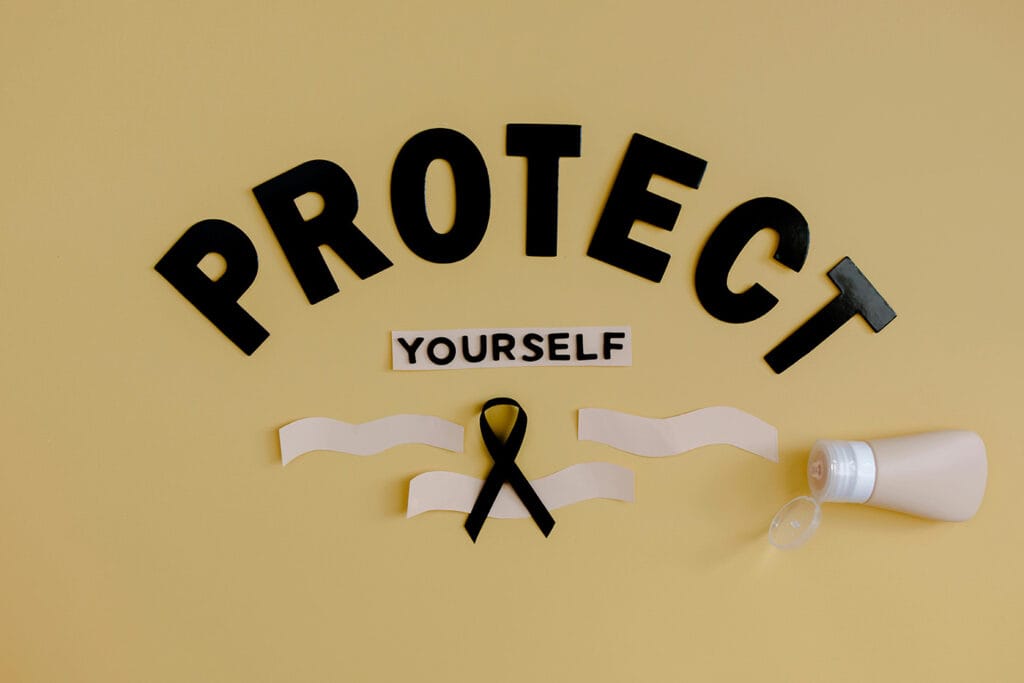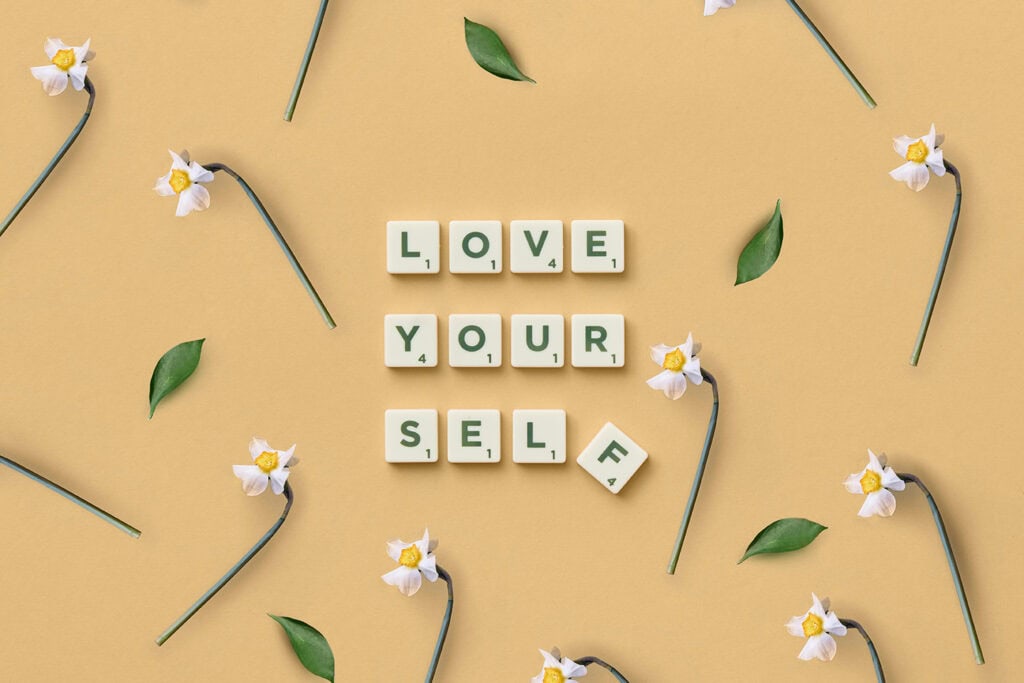
Ever feel like your emotions are controlling you, rather than the other way around? Emotional responsibility is the key to transforming how you handle life’s ups and downs—and you’re not alone in seeking this skill.
In this article, we’ll be your guide to mastering 6 core principles for emotional self-management.
By applying these steps, you can build stronger relationships, improve communication, and enhance personal growth.
Ready to take control of your emotional well-being? Read on to unlock these powerful tools.
- 1. What Is Emotional Responsibility?
- 2. Why Is Emotional Responsibility Important?
- 3. Steps to Practicing Emotional Responsibility
- 4. Emotional Responsibility in Relationships
- 5. Building Emotional Responsibility with Yourself
- 6. Common Challenges in Practicing Emotional Responsibility
- Emotional Responsibility: A Recap
1. What Is Emotional Responsibility?

Emotional responsibility means understanding and managing your own emotions and responses. It’s about handling negative emotions in a healthy way, showing respect for others, and keeping boundaries.
This responsibility includes using healthy coping mechanisms to keep control of your reactions and protect your emotional well-being. Practicing emotional responsibility allows you to communicate better, respect others’ feelings, and follow the social responsibility norm by contributing positively to relationships.
Developing this skill helps you respond to your emotions effectively and with mutual respect. Emotionally responsible people can manage stress, build trust, and support others without overstepping boundaries. Taking responsibility for your emotions benefits both you and those around you.
Taking emotional responsibility involves:
- Choosing how to respond: Instead of reacting impulsively, deciding how to act on your feelings.
- Owning your emotions: Accepting your feelings as they are.
- Understanding their source: Knowing where emotions come from, whether from past experiences, beliefs, or expectations.
2. Why Is Emotional Responsibility Important?

Taking emotional responsibility has many benefits for both your mental health and relationships. Here are some reasons why it’s important:
1. Improves Self-Awareness
Emotional responsibility helps you better understand yourself. By looking at why you feel a certain way, you gain insight into your thoughts, beliefs, and patterns. Self-awareness is the first step to personal growth, allowing you to make more conscious choices in life.
2. Reduces Conflicts
When you take ownership of your feelings, you avoid blaming others, which often leads to arguments. Emotional responsibility can prevent misunderstandings and reduce tension in relationships. When both people take responsibility, communication becomes healthier and more open.
3. Enhances Emotional Control
Emotional responsibility helps you respond, not react. Instead of letting emotions control you, you learn to control your emotions. This doesn’t mean ignoring your feelings but choosing constructive ways to express them.
4. Promotes Healthier Relationships
Relationships thrive when each person takes responsibility for their feelings. Emotional responsibility builds trust, empathy, and understanding. It helps partners, friends, and family support each other without feeling burdened by each other’s emotions.
5. Builds Resilience
When you take responsibility for your emotions, you develop resilience. Life will always have its ups and downs, but emotional responsibility helps you handle challenges with a balanced perspective. You become less reactive and more thoughtful about your response to stress or conflict.
See also Top 10 Responsibilities of a Father: Core Duties for a Dad
3. Steps to Practicing Emotional Responsibility

Practicing emotional responsibility takes time and effort. Here are steps to start building this essential skill:
1. Identify Your Emotions
The first step in emotional responsibility is recognizing and naming your emotions. Instead of saying, “I feel bad,” try to be more specific. Are you sad, frustrated, anxious, or disappointed? Naming your emotions accurately can help you understand what’s happening inside you.
- Tip: Keep a journal to record your emotions. Write down how you feel each day and what might have triggered these feelings.
2. Avoid Blame
When something upsets you, try to avoid placing blame. It’s natural to look for a cause outside yourself, but blaming others for your emotions only fuels conflict. Instead, acknowledge that while others’ actions can trigger feelings, you are responsible for how you respond.
- Example: Instead of saying, “You make me angry,” try saying, “I feel angry because of what happened.”
3. Practice Self-Reflection
Spend time reflecting on why you feel the way you do. Sometimes, emotions stem from past experiences or personal insecurities. Self-reflection allows you to dig deeper into the source of your feelings.
- Tip: After an emotional reaction, ask yourself why it happened. Did a past event, fear, or insecurity influence your reaction?
4. Accept All Emotions as Valid
Emotional responsibility doesn’t mean ignoring negative feelings. Every emotion, even anger or sadness, is valid. Accept your feelings without judgment. This acceptance creates room for understanding and growth.
- Example: If you feel jealous, accept it without shame. Reflect on why the feeling arose and what it says about your needs or insecurities.
5. Express Your Feelings Constructively
Once you recognize and accept your emotions, find a constructive way to express them. Communication is key to maintaining healthy relationships, but how you communicate makes a difference. Instead of lashing out, express your feelings with “I” statements.
- Example: Say, “I feel hurt when…” rather than “You always…” This approach focuses on your experience rather than blaming the other person.
6. Take a Pause Before Reacting
Before reacting to strong emotions, take a pause. A moment of silence or deep breathing can help calm your mind. This pause gives you time to think about how you want to respond.
- Tip: Practice the “10-second rule.” Before you react, count to ten slowly. Use this time to choose a thoughtful response instead of a reactive one.
7. Focus on Solutions, Not Problems
When you feel upset, try to focus on finding a solution rather than dwelling on the problem. Emotional responsibility is about taking positive steps to manage your feelings. Instead of getting stuck in the negativity, think of how to improve the situation.
- Example: If you feel stressed about a deadline, focus on creating a plan to complete the work rather than worrying about how stressful it is.
8. Learn from Your Reactions
Each emotional response teaches you something about yourself. Take time to reflect on your reactions, especially if they felt overwhelming. Ask yourself what you can learn from these reactions and how you can respond better in the future.
- Tip: After an argument, reflect on what you could have done differently. Think about how you can apply this lesson next time.
4. Emotional Responsibility in Relationships

Practicing emotional responsibility in relationships can improve communication and trust. Here’s how to apply it with others:
1. Communicate Clearly and Honestly
When discussing your feelings with a partner, friend, or family member, use clear and honest language. Avoid blaming or using accusations, as these can lead to defensiveness. Focus on expressing your emotions and needs.
2. Respect Each Other’s Emotions
Each person’s feelings are valid. Respect your partner’s emotions without trying to fix them or take them personally. If they express anger or sadness, listen with empathy and avoid feeling responsible for their feelings.
3. Support Without Taking Over
In healthy relationships, you support each other without taking responsibility for each other’s emotions. If your partner feels anxious or stressed, offer support, but understand that they must take responsibility for managing their feelings.
5. Building Emotional Responsibility with Yourself

Emotional responsibility isn’t just for relationships; it’s also about taking care of yourself. Here are ways to apply emotional responsibility in your self-care reminders:
1. Practice Self-Compassion
Be kind to yourself. When you make a mistake or feel down, avoid negative self-talk. Instead, remind yourself that everyone has difficult emotions and challenges.
2. Set Boundaries
Setting boundaries is a part of taking emotional responsibility. Respect your own limits and know when to say no. Boundaries protect your mental health and allow you to focus on managing your emotions.
3. Seek Support When Needed
Emotional responsibility doesn’t mean handling everything alone. If you’re struggling with intense emotions, reach out to friends, family, or a therapist. Seeking help is a positive step toward emotional health.
6. Common Challenges in Practicing Emotional Responsibility

Taking responsibility for your emotions isn’t always easy. Here are some challenges you may face:
1. Blame Habits
Many people grow up blaming others for how they feel. Breaking this habit takes time and practice. Be patient with yourself as you work to shift this mindset.
2. Emotional Overwhelm
Sometimes, emotions can feel too strong to manage. In these moments, practice self-soothing techniques like deep breathing, meditation, or journaling to regain control.
3. Fear of Vulnerability
Expressing emotions honestly can feel scary. But vulnerability is essential for emotional responsibility and builds deeper connections with others
See also Responsibilities Quotes for Students: 50 Inspiring Sayings for Success
Emotional Responsibility: A Recap
Being emotionally responsible is vital for personal and social well-being. It involves taking ownership of your own emotions and handling negative emotions with care. For those with busy roles, like a Stay at Home Mom responsibilities, balancing daily tasks with emotional accountability can improve overall wellness.
Emotionally responsible people practice active listening, which helps better connections and reduces emotional distress. Adding emotional responsibility to a life responsibilities list supports both mental health and positive relationships.
With effective coping mechanisms, we can handle stress, protect our well-being, and set a strong example for others. This emotional awareness enhances resilience, helping us navigate life’s challenges more peacefully and positively.


